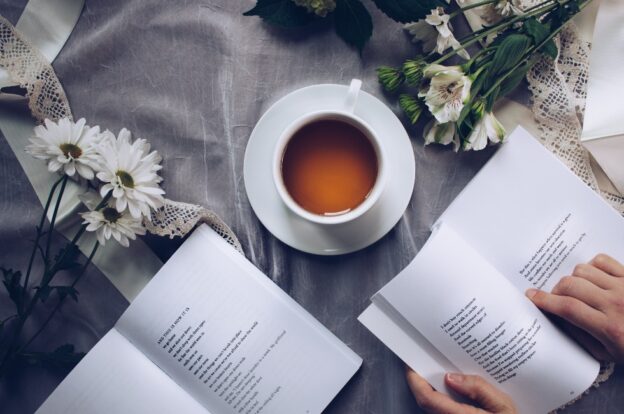Many people who struggle with substance use disorder (SUD) turn to drugs or alcohol as a way of managing stress or relaxing after a long day. When they enter recovery and no longer have this option, they need to find other relaxation techniques that will work well for them. Being able to relax and productively manage stress is crucial in recovery in order to avoid a potential relapse.
When it comes to relaxation, what works for one person might not be the best fit for someone else. We all destress and decompartmentalize in different ways. The key is simply finding out what works best for you. It may take time, but it will be well worth it.
Why Is Establishing Relaxation Techniques in Recovery Important?
As is so often said, recovery is a journey, not a destination. Like all journeys, there will be low points and high points. When you first complete treatment for SUD, you’ll likely be feeling confident, in control, and excited for what is to come. Because everything you learned in treatment is still fresh on your mind and the experience is still new, you may feel like you’ll never feel tempted to turn back to substance misuse again.
But you can never predict the future, and challenges can always arise down the road. Life can bring unpredictable problems and heartbreaks, such as financial strain, job loss, illness, or even the loss of a loved one. With these challenges comes a variety of different emotions, including stress. It is important to be prepared for these things and know how to calm yourself down before you do something you will later regret.
How Do I Figure Out What Works For Me?
Everyone’s idea of relaxation is a little bit different. What might be relaxing for someone could have the absolute opposite effect on you. You simply have to figure out what is most effective for you. For example, the way that many people relax is through physical exercise. Exercise is a proven way to relieve stress. It also leads to the release of endorphins, which can cause you to feel a lot better. Exercising can also help you to clear your head, making it easier to relax after a long day.
To figure out what type of relaxation technique may work best for you, consider when you feel most calm and at peace. It could be after spending time out in nature and away from the stresses of day-to-day life. Or it could be after sitting down and having a heart-to-heart conversation with a good friend over a cup of coffee.
What Are Some of the Benefits of Relaxation Techniques?
Being able to get yourself to relax comes with a multitude of both mental and physical benefits. Some examples include:
- Lower heart rate
- Lower blood pressure
- Better controlled blood sugar levels
- Better digestion
- Slower breathing
- Better focus and mood
- Less fatigue
- Better sleep
- Better blood flow throughout the body
- Reduced production of stress hormones
- A better capability of solving problems
- Better ability to make smart decisions
What Are Some Relaxation Techniques Worth Trying?
There are some common things that you should try to do on a daily basis to give yourself a better ability to cope with daily stresses. Some examples include:
- Making sure you’re getting enough sleep
- Taking breaks from technology
- Spending time with positive family members and friends
- Spending time outdoors
- Managing your time effectively
- Eating healthy, well-balanced meals
- Making time for some sort of exercise every day
Meditation
Another great relaxation technique is meditation, which can be done alongside yoga if you choose to do so. Meditation involves sitting in a quiet spot in silence while clearing your mind and becoming more in sync with your body. This practice is very grounding and can be a great way to let stress simply pass through you as you focus on the present. This is also an opportunity to focus on your breathing, which can also help you to destress.
Visualization
You may also want to try a technique called visualization. With this practice, you create visual images in your mind to bring yourself to peaceful surroundings while incorporating as many senses as you can. For example, maybe your happy place is a lake you used to visit as a child. You can try to envision what it looks like in your mind, the smell of the air, and the feel of the warm sun on your skin.
More Techniques
Some other techniques worth trying include:
- Journaling
- Massage
- Biofeedback
- Hydrotherapy
- Tai Chi
- Deep breathing
- Progressive muscle relaxation
- Positive thinking
Another way that you can help yourself is by practicing self-care. This can involve doing whatever you need to do to feel happy. For example, it could be playing with your dog, having a relaxing bath, or reading a book.
People who struggle with substance misuse tend to turn to alcohol or drugs as a way to handle stressful situations or get themselves to relax. But when an individual enters recovery, this is no longer an option. They must find other effective ways to relax. Being able to relax when necessary is an important part of the recovery journey because it can aid in sound decision-making so you can avoid making decisions that you will later regret. Exercise, yoga, meditation, journaling, deep breathing, massage, and biofeedback are all excellent ways to help yourself to relax. If you’re struggling with substance misuse, our team at The Ho Tai Way can help. Call (714) 881-8931 today to learn more.









